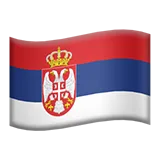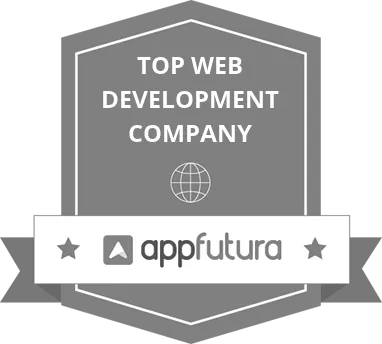Let’s talk about animation tools we use to solve our client’s tasks. There’s a variety of them, and we asked Liasan Toropova, Motion designer at JetStyle to tell us about the ones she finds most relevant for corporate tasks of various complexity. Liasan creates animated explainer videos, splash screens, teasers and magnificent social media visuals. Here are her top-3 magic tools:
“For 3D animation, I use Cinema 4D, Blender and various plugins and apps for automatic character rigging, such as Mixamo, Autorig.
I enjoy working with Cinema 4D, as it is designed specifically to meet professional needs of a motion designer. It provides me with all kinds of tools to create and animate abstract shapes and visuals for branded videos: cloners, effectors, particles. All of these are relatively easy to use, and they allow creating aesthetic and impressive animations.
Blender has a more diverse set of functions, and offers much better sculpting, modeling, rigging, UV unwrapping, and cooler geo-node control. However, Blender’s interface is a bit more complicated. An effect in Cinema 4D would take me, let’s say, 3 clicks; the same one in Blender would take 10 clicks. Still, it feels convenient to make use of both tools: for instance, I often use Blender to create models to further animate them in Cinema 4D.
To compile the 3D animation into a video, first you render it as a sequence of images via 3D soft. Then, to edit it motion designers use After Effects. At the same time, you can use After Effects to create 2D animation from scratch. The app has all the tools: you can draw with shapes, set the animation keyframes, change the motion curves. To animate characters, you can use special plugins, e.g. Duik where you can set the position of body parts. Also, you can use various plugins to create animated effects on your texts and videos. You can either create these effects yourself from scratch, or do some coded animation via Expressions.”
See more of JetStyle’s motion design projects on the website; click the link above.







